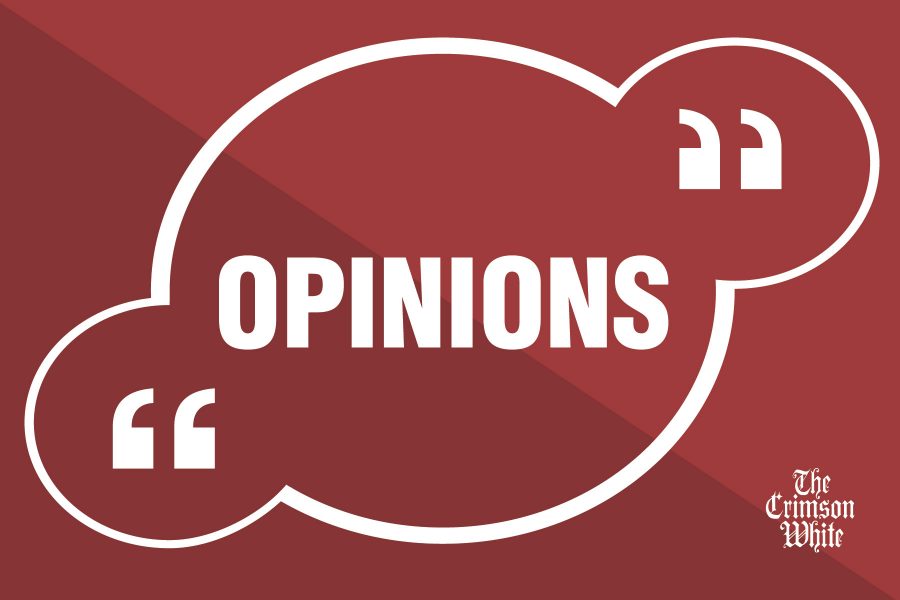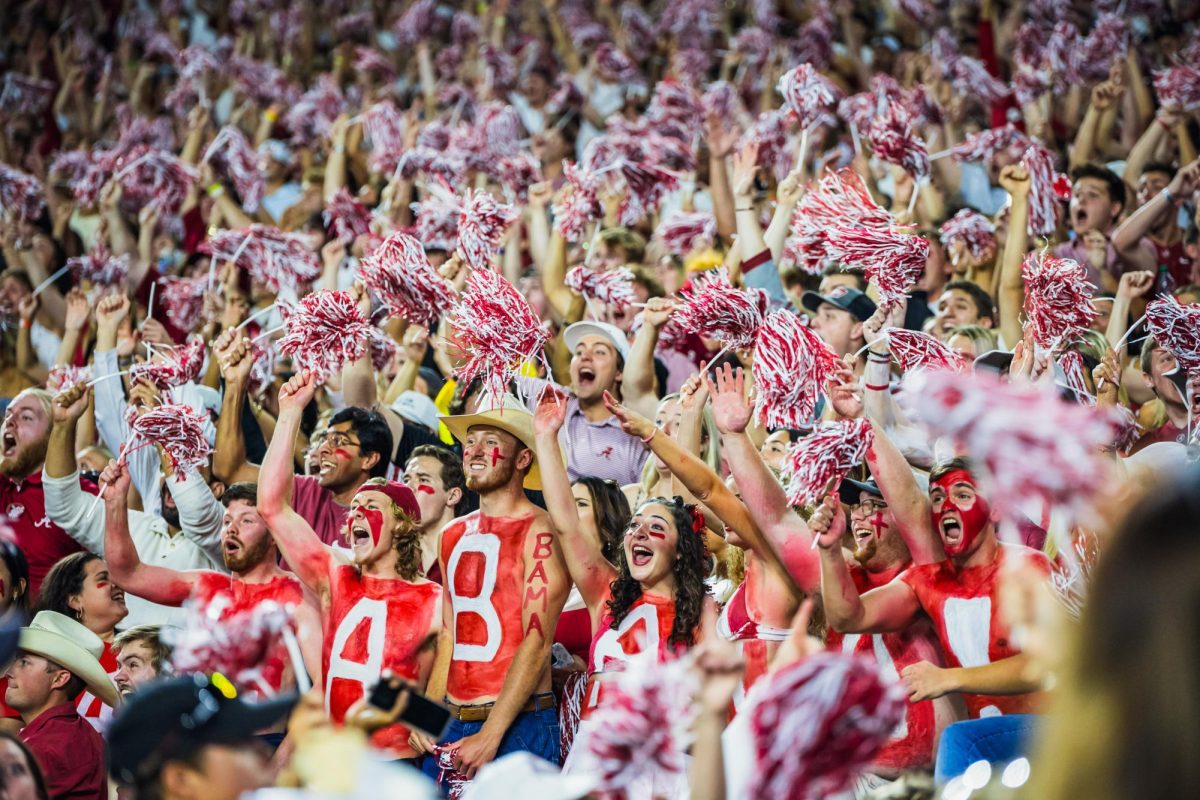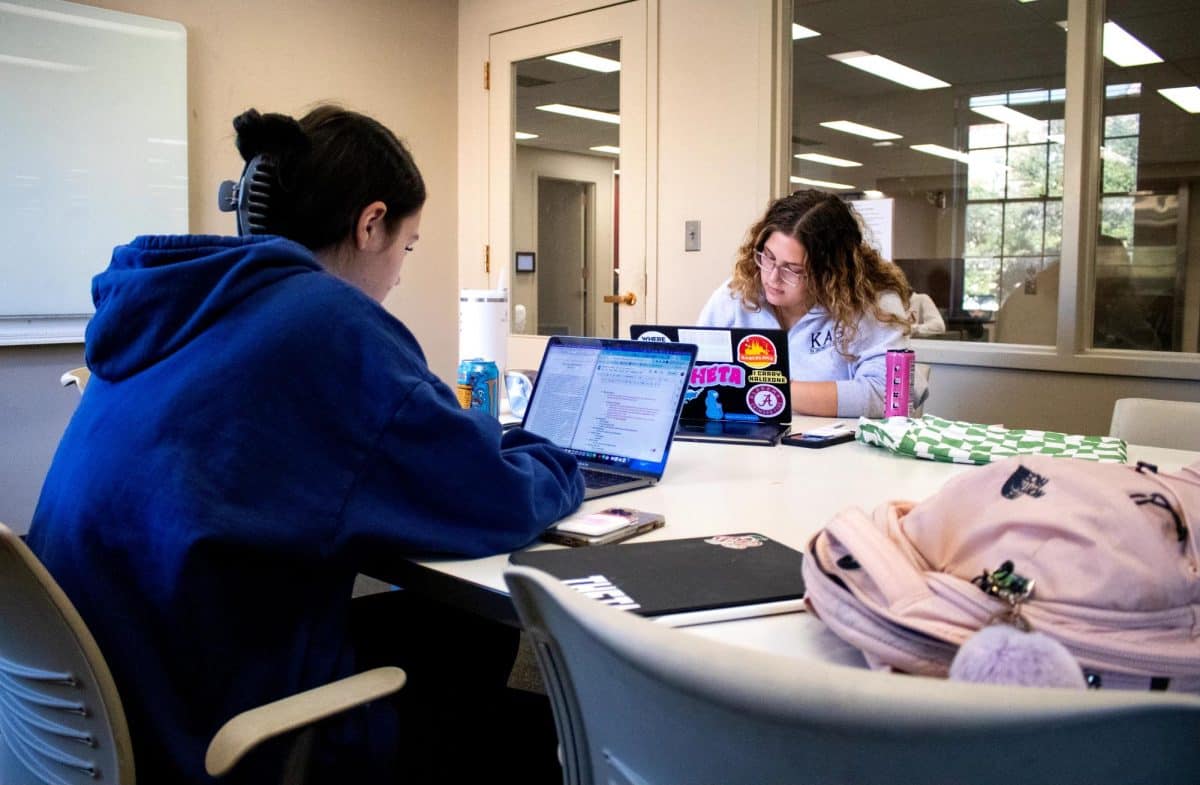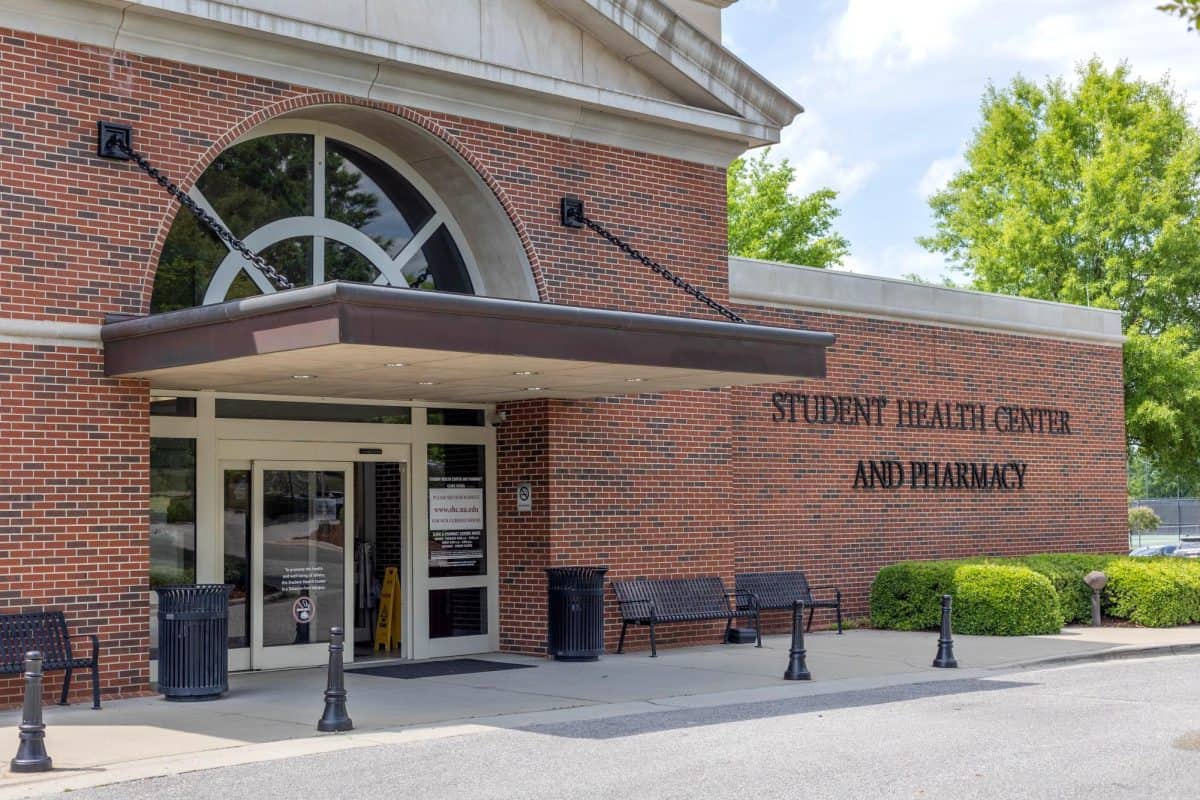The greatest blessing of my life has been my Cuban heritage. The warmth, love and fun that accompany every aspect of Cuban family and culture are incomparable forces for good in my life. In my hometown of Miami, there is a neighborhood referred to as “Little Havana,” named such because it was one of the first outposts of Cuban life in the United States following the Cuban revolution of 1959. Now, however, the neighborhood serves as much purpose as a little Italy in Rome, or a Chinatown in Beijing. All of Miami is Little Havana, and we Miamians wouldn’t have it any other way. Miami is a city more alive than any other, as the vibrant tapestry of Hispanic culture is interwoven in every colada, cortadito, and café con leche. It is a town that is totally unique and unrivaled. One might imagine, then, that I have special insight into the suddenly red-hot issue of Cuban-American diplomacy. Unfortunately, I have little more insight than any other American watching the news.
What I do possess, however, is a glimpse into pre-revolution Cuban life. I recently returned from a family reunion back home in Miami (quick tip from the author: if you are ever extended an invitation to a Cuban family reunion; GO). The reunion was filled with loud conversation in Cuban (a separate language from Spanish altogether), laughter, plenty of flowing alcohol, delicious food and a radiant joy that was likely unimaginable to much of the family in the throws of the 1959 revolution. Inevitably, story time began.
The stories of my grandfather always leave me beaming with pride. In his youth, his story reads like that of Roy Rogers, walking into town with his spurred boots, guitar and Smith and Wesson six-shooter, ready to tame the Wild West. Though he passed when I was just six years old, he remains forever etched in my memory as an amazing man, respected and adored by all. Using sorcery referred to by some as “Google Maps,” we were able to locate the ranch in Santiago de Cuba where the entire family lived. Just down the street from the original Bacardí ranch, it was an enormous piece of land, tended to and cared for by the family. It was at this moment that the tone began to change. A silence wholly uncharacteristic of Cubans washed over the room, as those who recognized the land gazed at the television screen. This was the land they had lost. This was the land that was taken. The memories come flooding back, and the jovial mood turns angry as they recall what was, and what should be still. Inevitably, the suggestion at storming the island with a single rifle and re-conquering the land is made, an idea that sounds entirely reasonable with the trusty assistance of enough rum. At once, however, it is understood that the time to be angry is over, and the party resumes.
The essence of the Cuban people, wrapped in one rambling anecdote, is resilience. The resilience to pack up their entire life, get on a plane, move to a new country, learn a new language, understand a new culture, live as outcasts and still enjoy life to the absolute fullest. The Cuban community has since begun to thrive in the United States. Cubans are influential in business (Roberto Goizuetta, Jorge Perez), entertainment (Andy Garcia, Pitbull, Gloria Estefan, etc), politics (Marco Rubio, Ted Cruz, Bob Menendez), diplomacy (Lino Gutierrez, Alabama alumnus), and the list goes on. The Cuban people thrive no matter where they are, or in what conditions they find themselves. In Cuba, on an unlivable wage and with rationing of every human necessity, they display incomparable resourcefulness and unflappability. They are ready, willing and able to fight for themselves. They will be ready, willing and able to fight for their country. They need only a spark.
There is an old story about the Soviet Union involving an ill-fated advertisement about American poverty. As the story goes, the Soviet Union was beginning to internally acknowledge that socialism leads to overwhelming poverty, and decided to rely on their own propaganda rather than trying to fix the problem. As such, they distributed flyers and ran advertisements on radio and television of a Great Depression-era family in a tiny home huddled around a television in the dead of winter, clearly in the depths of extreme American poverty. The Kremlin was confident that this would prove that even in the wealthy and capitalistic glory of the United States, poverty was equally as prevalent and intolerable. The attempts backfired, however, when the Soviet citizens began noticing that even in the direst of circumstances, the Americans could still afford a television, an almost unattainable luxury in the Soviet Union.
This is what capitalism is capable of. It is capable of lighting a spark that pushes the people to, for lack of a better phrase, cast off the chains of tyrannical oppression. Cuba is now nearing a defining moment in its history. Following the death of Fidel, the last truly visible and noteworthy revolutionary, there is little to remind younger generations of his revolution. Raúl Castro never had the popularity or charisma of his brother, or his associate Che Guevara. As such, his stranglehold and that of the Castro regime is fraying. He has allowed telephone services into Cuba. He has allowed limited Internet access. He has greatly relaxed his grip on all media, even allowing certain publications aside from the state-censored Granmá. He has even begun to privatize certain sectors of the economy on a case-by-case basis, namely in the restaurant and entertainment industry. While he still rules with an iron fist, imprisoning and very recently murdering dissidents, he is well aware that a new post-Castro age is coming. His actions are those of a worried dictator attempting a crash landing rather than a nosedive. In other words, he is the 21st Century’s Gorbachev.
Whether Cuba will fall as the Soviet Union did is difficult to predict. On one hand, authoritarian socialism is now and will forever be doomed to fail. On the other, Cuba is a relatively irrelevant state on the world stage, and lack of international pressure could allow it to smolder in its current state for decades. The only thing that is inarguable is that capitalism will pave the way for a new Cuba. Whether this means lifting the Cuban embargo is up for debate. To lift the embargo without any form of reparation claims service for those Cubans exiled for what is now approaching 60 years would be a travesty. But to condemn the Cuban people to an eternity of socialistic, tyrannical misery would be a tragedy.
Nicolas Briscoe is a is a senior majoring in history. His column runs biweekly.









